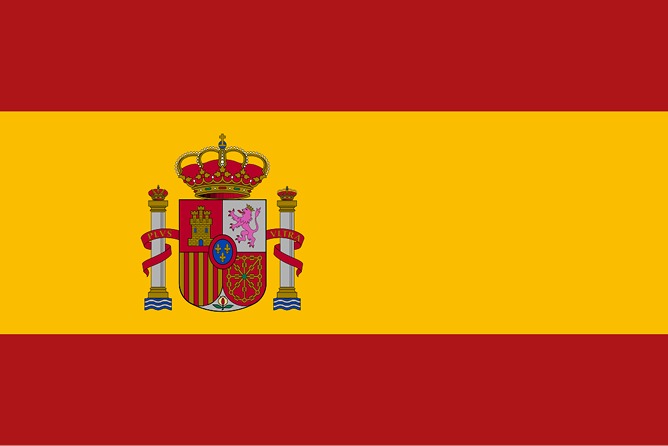Não conseguimos encontrar a internet
Tentando reconectar
Algo deu errado!
Aguarde enquanto voltamos ao normal
Fisheries and the evolution of resource management on the lower Amazon floodplain
15/06/93| Título | Fisheries and the evolution of resource management on the lower Amazon floodplain |
|---|---|
| Autores | David G. McGrath Fabio de Castro Celia Futemma Benedito Domingues de Amaral Juliana Calabria |
| Ano de publicação | 1993 |
| DOI | https://doi.org/10.1007/BF00889358 |
McGrath, D.; Castro, F.; Futtemma, C.; Amaral, B.; Calabria, J. 1993. Fisheries and the evolution of resource management on the lower Amazon floodplain. Human Ecology 21 (02): 167-195.
Abstract
Traditionally, the ribeirinhoeconomy has been based on strategies of multiple resource use including agriculture, fishing, and small-scale stock raising. In the last two decades though, ribeirinhostrategies of resource management have undergone major changes due to the decline of jute production (the principal cash crop), and the intensification of the commercial fisheries. As a result of these trends, there has been a shift of ribeirinholabor from agriculture to commercial fishing. Today, the diversity which once characterized ribeirinhosubsistence strategies is disappearing, and fishing has become the primary economic activity for the great majority of varzeafamilies. As pressure on varzeafisheries has increased, ribeirinhocommunities have attempted to assert control over local varzealakes and exclude fishermen from outside the community. In a number of cases, ribeirinhocommunities have closed lakes to outsiders and established informal lake reserves under local community management. These lake reserves are a promising strategy for managing lake fisheries on a sustainable basis.
 PT
PT
 ES
ES
 EN
EN

